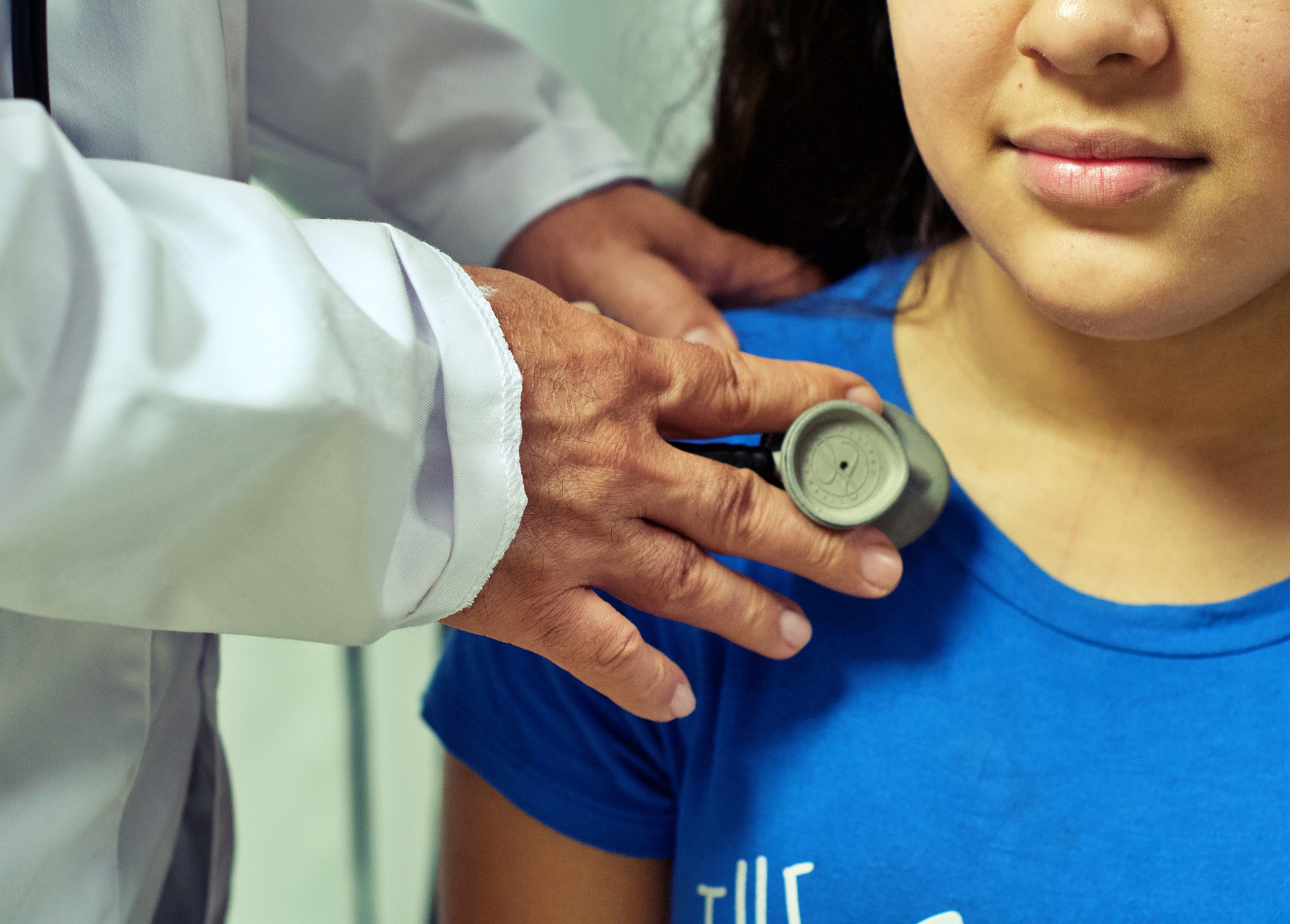News release
From:
Attachments
Note: Not all attachments are visible to the general public. Research URLs will go live after the embargo ends.

Journal/
conference: JAMA Pediatrics
conference: JAMA Pediatrics
Research:Paper
Organisation/s:
University of Colorado, Northwestern University Feinberg, Stony Brook University (US)
Funder:
Funding/Support: This study was funded by the Eunice Kennedy Shriver National Institute of Child Health and Human Development (R01HD105939-01S1). Additionally, the analyses described in this publication
were conducted with data or tools accessed through the NCATS N3C Data Enclave
covid.cd2h.org/enclave) and supported by NCATS U24 TR002306.
This research was possible because of the patients whose information is included within the data from participating organizations (covid.cd2h.org/dtas)
and the organizations and scientists (covid.cd2h.org/duas) who have
contributed to the ongoing development of this community resource
(https://doi.org/10.1093/jamia/ocaa196).
Role of the Funder/Sponsor: The Eunice Kennedy Shriver National Institute of Child Health and Human Development provided support for the design and conduct of the study; collection, management, analysis, and interpretation of the data; and preparation, review, or approval of the manuscript. Conflict of Interest Disclosures: Dr Martin reports grants from the Eunice Kennedy Shriver National Institute of Child Health and Human Development during the conduct of the study and from Thrasher Research Fund Early Career
Award outside the submitted work. Drs Sanchez-Pinto and Moffitt report grants from National Institutes of Health during the conduct of the study. Dr Bennett reports grants from the Eunice Kennedy Shriver National Institute of Child Health and Human Development during the conduct of the study and grants
from the Eunice Kennedy Shriver National Institute of Child Health and Human Development, the National Heart, Lung, and Blood Institute, and the National Center for Advancing Translational Sciences outside the submitted work. No other disclosures were reported.



 International
International


